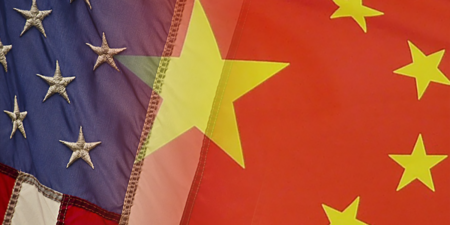
This article was originally published by the Stimson Center on 31 October 2019.
Topline
Since the beginning of the tariff war in mid-2018, the escalation of the trade tensions has been widely expected to continue into the 2020 presidential election season. While President Trump’s team may still believe that a trade deal is well within reach in the near future, that perception is not at all shared by the Chinese government. The U.S. and China have entered a war of attrition. U.S. policy makers need to prepare for a long game regarding trade tensions and the eventual de-coupling of the two economies, regardless of whether that was the original intention.

